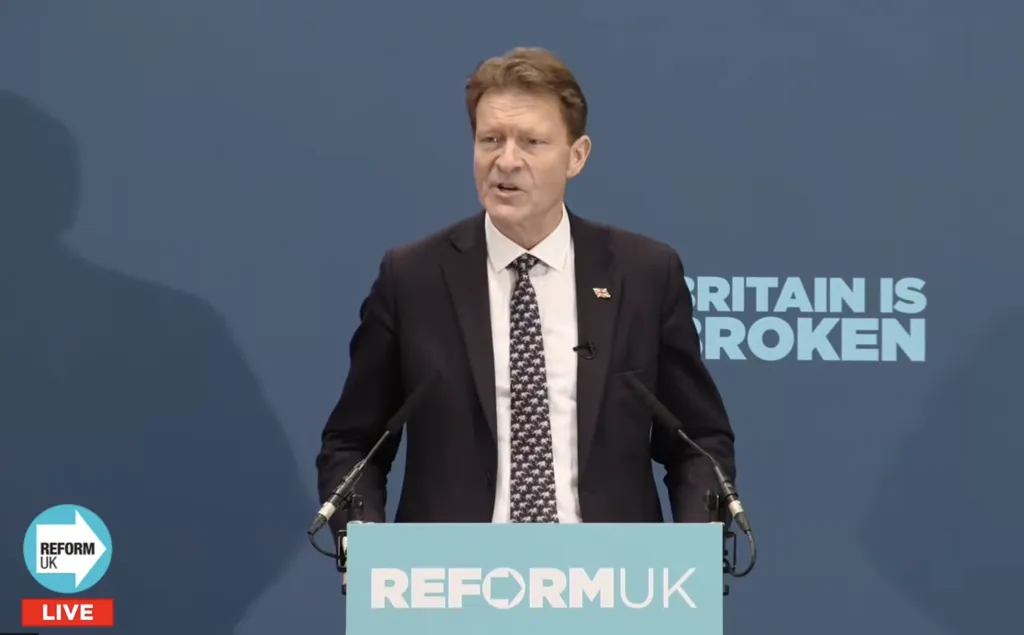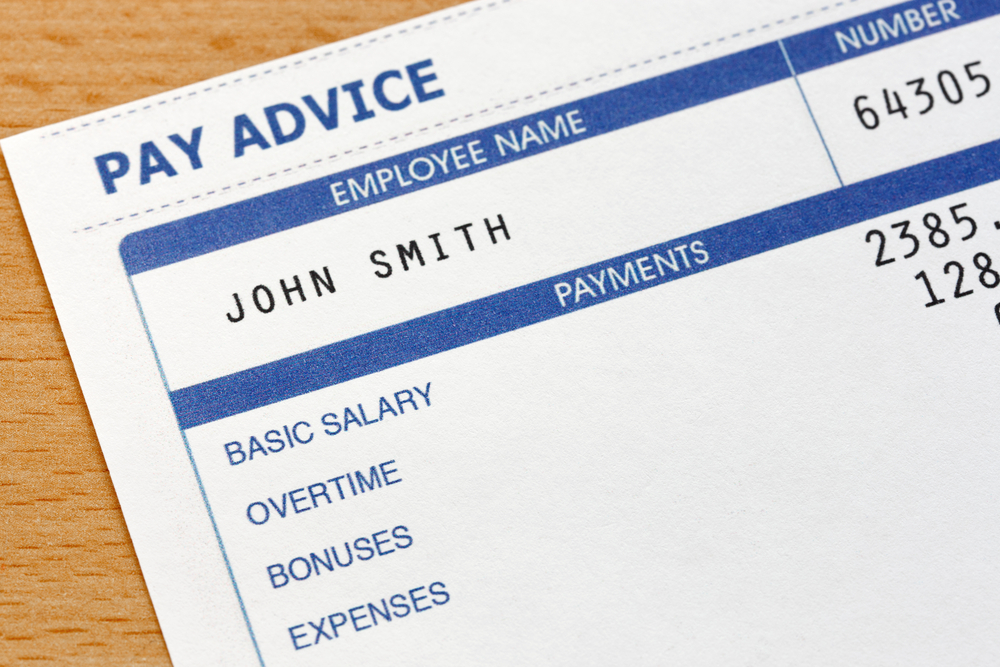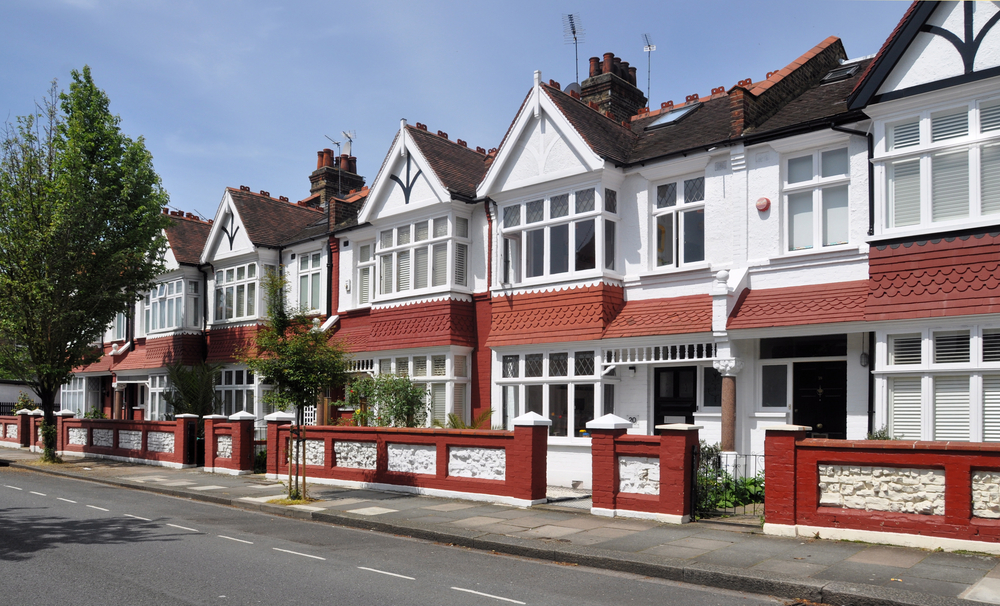
The UK property industry remains, to those of ill intent, one of the most attractive propositions for laundering illicit funds.
This is due to two factors, firstly the ease with which large sums of money can be moved around, and secondly, the low levels of transparency of ownership around source of funds.
In December, HM Treasury, published its third ‘National Risk Assessment’ (NRA) report examining how vulnerable the country is to a wide range of economic crime.
The latest report raises the risk of money laundering within the property sector from medium to high.
A few factors have contributed to this increased perceived threat, one of which is property purchases made by corporate structures or trusts based in secrecy jurisdictions.
These types of purchases pose the greatest level of risk, due to the difficulties in determining the ultimate beneficial owners.
The inherent complexity of these structures alongside their increased use since 2017 and the increased investigative resource requirements has contributed to the raised risk factor. Another contributing factor has been Covid-19.
Covid-19
Covid-19 has presented new opportunities for criminals wanting to exploit the most vulnerable in our society, and the property sector is no exception.
Increases in mobile-banking and e-payments by businesses has soared during the pandemic. While these have been both a step in the right direction and, necessary, they have also made businesses more vulnerable and require greater levels of monitoring and vigilance to be deployed.
The NRA also highlights that cash stockpiling by organised crime groups have been observed following the introduction of lockdown restrictions.
The effect of both of these is that the pandemic is giving criminals a plausible sounding excuse to justify unusual account activity and transfers. For example, large cash deposits being explained away under the pretence of cancelled holidays or purchases.
The NRA also highlights criminals seeking to exploit the current situation by investing in struggling businesses or purchasing property sold out of desperation or bankruptcy.
There are also examples of criminals looking to increase their money laundering through property transactions while interest rates are low, and sellers are more likely to accept lower offers.
Identity verification
The Covid-19 pandemic has also raised questions about undertaking due diligence checks when you cannot meet the client in person and view physical identify documents.
We’ve certainly seen an increase in queries from firms looking for approvals regarding their processes as they’ve navigated this new situation.
The obligations remain constant, firms should still be conducting extended due diligence, despite not being able to meet clients face to face.
It is the responsibility of each individual and business to ensure they take every possible step to verify that the person on the other end of the telephone or Zoom call is who they say they are.
This certainly isn’t as straightforward as the days when a client would present themselves in person with bills and passport in hand, however digital identification and verification methods can still provide robust assurance that a client is who they claim to be.
Accessing data through government sites such as Verify Me is one such example, the electoral roll is another. Using multiple sources will allow firms to be confident in their assessment of a person’s ID.
Source of funds and wealth
High value property locations such as London, Edinburgh and the larger university towns continue to be attractive destinations for foreign money launderers.
This is because property can often be bought through complex systems of shell companies registered overseas in secrecy jurisdictions to obscure ownership, rendering the true purpose and origin of money transactions unclear.
For example, research by Transparency International has found that 75% of properties linked to corruption are owned by companies registered in secrecy jurisdictions.
It’s well known that London has been a destination of choice for many wealthy foreign nationals to purchase residential bases.
Most of these purchases are completely above board, but it remains a popular avenue for those criminals with significant cash.
As in 2017, the most recent NRA report deems residential property higher risk than commercial.
Having said that, commercial property – particularly office and retail space – remains attractive and the complex, opaque company structures used by overseas entities are less likely to raise suspicion in the commercial sector compared with the residential market.
It is vital that estate agents, conveyancers and mortgage brokers alike are alive to this and ensure that they investigate and satisfy themselves that a clients’ reported income and wealth aligns with the documentation and information that has been provided.
For example, does their job role match with wealth? Information should be verified with evidence, rather than simply taking clients’ assertions.
What can I do?
As use of technology increases and its sophistication increases, so does the sophistication of those who look to exploit the system.
Ensuring that all staff are trained and up to date with the relevant legislation is vital. Making sure staff know how to report or flag any concerns internally and externally is also key.
AML legislation is there to protect you and your practice from unwitting involvement in money laundering and the greater safeguards your practice has in place the lower the risk to you, your practice and ultimately your clients.
Stephen Ward is director of strategy and external relations for the Council for Licensed Conveyancers (CLC)



